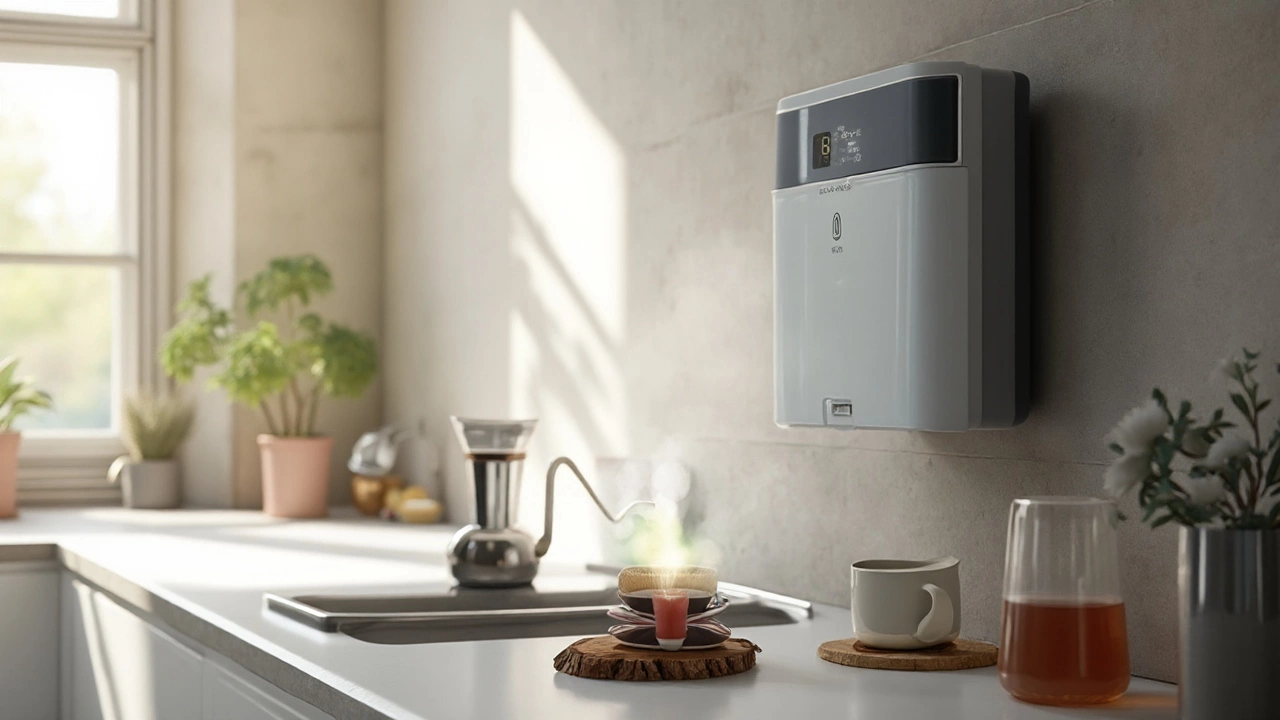If you’re tired of cold showers or a sky‑high energy bill, a new water heater can fix both. The market is full of options, but you don’t need to be an engineer to pick the right one. Below you’ll get the basics on the main types, what to look for when you shop, and a few tricks to keep your costs low.
There are three common styles you’ll see in UK homes:
Each type has pros and cons. Storage units are cheap upfront but can waste energy. Tankless models save energy but cost more to buy and may need a bigger gas line or stronger electric circuit. Heat‑pumps save the most on electricity but need a warm room to work efficiently.
Start with your household’s hot‑water demand. If you have two people and rarely run more than one shower at a time, a tankless 3‑5 kW unit will handle it. For bigger families that run several showers, a 200‑litre storage tank is safer.
Next, think about the fuel you have. Most UK homes already have gas, so a gas tank or gas‑tankless heater is usually cheapest to run. If you’re on electricity only, a heat‑pump water heater can cut the bill dramatically, especially if you pair it with a smart thermostat.
Another tip: check the energy‑label rating. Anything rated A or higher will give you lower running costs. Also, look for models with a good warranty – at least 5 years for the heat‑exchanger and 2 years for parts.
Installation matters, too. A professional should handle gas connections and electrical work. For tankless units, you may need a larger pipe size to avoid pressure loss. Ask the installer for a quick test after fitting to make sure the flow rate meets the spec.
Finally, don’t forget maintenance. Storage tanks need an annual flush to get rid of sediment, which can lower efficiency. Tankless units just need a quick descaling every year if you have hard water. Heat‑pump heaters need the surrounding area kept clear of dust.
By matching the right type to your home’s size, fuel source, and budget, you can enjoy endless hot water without blowing your wallet. Browse the latest deals on Bargain Hub, compare prices, and you’ll be on your way to a warmer, cheaper shower in no time.

Explore what outshines traditional kettles with a deep dive into high-tech water heaters, instant hot taps, and smart tea machines for the kitchen.